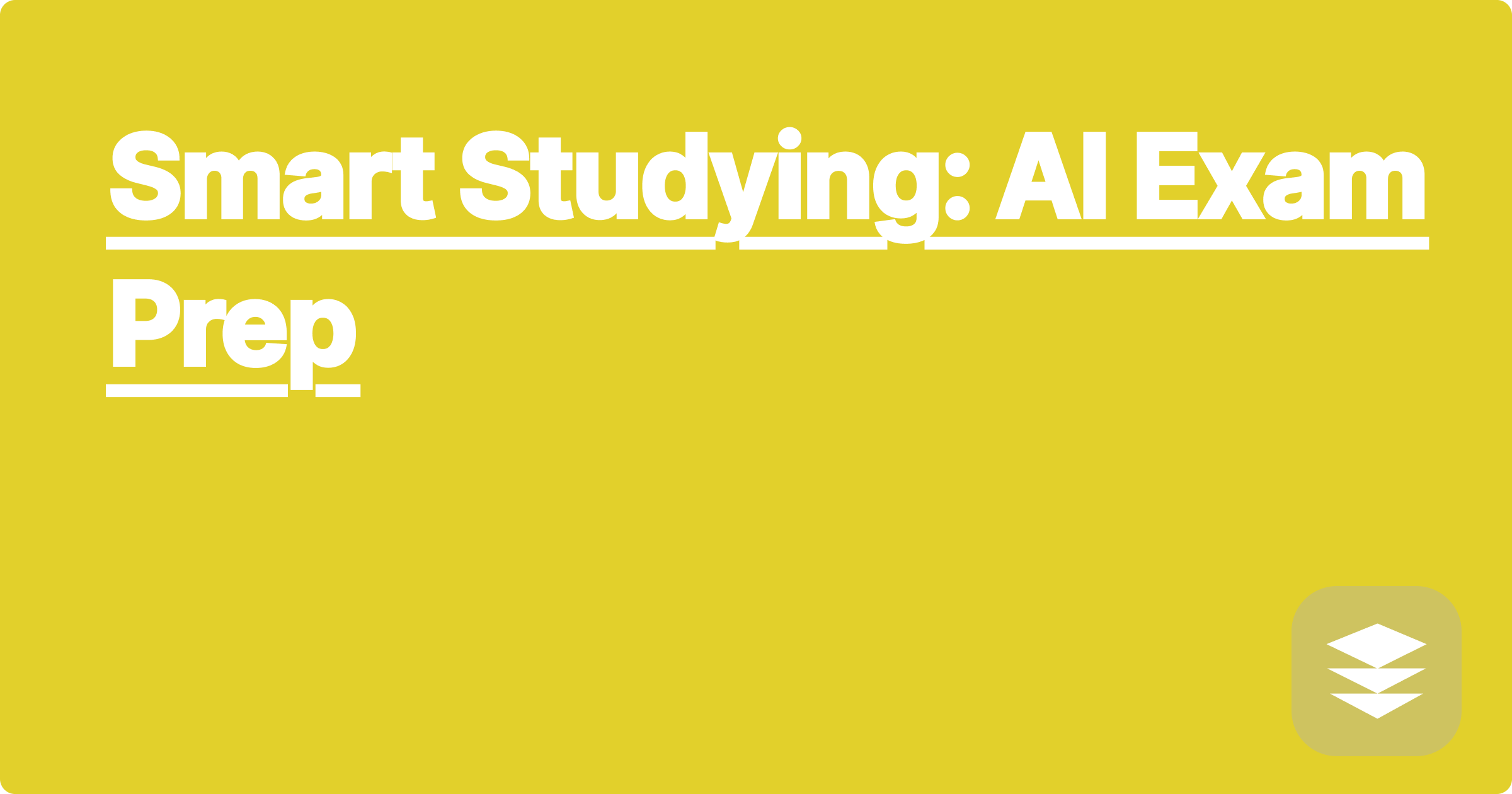
The demanding world of STEM education and research often presents a significant challenge: effectively preparing for complex exams. Students and researchers face the daunting task of synthesizing vast amounts of information, understanding intricate concepts, and applying this knowledge to solve challenging problems. Fortunately, the rise of artificial intelligence offers a powerful new set of tools to address this challenge and revolutionize exam preparation. AI can provide personalized learning experiences, generate practice questions, explain difficult concepts, and offer valuable insights into areas requiring further study. This empowers STEM students and researchers to approach exams with greater confidence and achieve higher levels of success.
This shift towards AI-powered exam preparation is not merely a trend; it's a fundamental change in how we approach learning and assessment. For STEM students, it offers a personalized and efficient way to master complex material. For researchers, AI can accelerate literature reviews, help formulate research questions, and even assist in data analysis. Embracing these tools is crucial for staying competitive in a rapidly evolving academic and professional landscape. It's about leveraging the power of AI to unlock your full potential and achieve your academic and research goals.
STEM exams often cover a wide range of topics, from fundamental theories to advanced applications. This breadth of material can be overwhelming, making it difficult for students to identify key concepts and prioritize their study efforts. Furthermore, STEM subjects often involve complex mathematical formulas, intricate diagrams, and abstract concepts that can be challenging to grasp. Traditional study methods, such as rereading textbooks and reviewing notes, can be time-consuming and may not effectively address these challenges. Students may struggle to connect different concepts, apply their knowledge to novel problems, and develop a deep understanding of the subject matter. This can lead to frustration, anxiety, and ultimately, poor exam performance. The sheer volume of information and the complexity of the concepts create a significant hurdle for STEM students seeking to excel in their studies.
AI tools like ChatGPT, Claude, and Wolfram Alpha offer a transformative approach to STEM exam preparation. ChatGPT and Claude can be used to generate practice questions, explain complex concepts in simpler terms, and provide personalized feedback on your understanding. You can engage in a conversational dialogue with these AI models, asking clarifying questions and receiving tailored explanations. Wolfram Alpha excels at solving complex mathematical problems, providing step-by-step solutions, and visualizing data. By combining these tools, you can create a comprehensive and personalized study plan that addresses your specific needs and weaknesses. This approach allows you to move beyond passive learning and actively engage with the material, leading to a deeper and more enduring understanding.
Begin by identifying the key concepts and topics covered in your exam. Use your syllabus, lecture notes, and textbook as a guide. Once you have a clear understanding of the scope of the exam, you can start using AI tools to enhance your preparation. Input specific concepts or formulas into Wolfram Alpha to explore their properties and applications. Ask ChatGPT or Claude to generate practice questions related to these concepts. As you work through these questions, pay attention to the areas where you struggle and use the AI tools to clarify your understanding. For example, if you are having difficulty with a particular integration technique, you can ask Wolfram Alpha to show you the steps involved or ask ChatGPT to provide a conceptual explanation. By iteratively engaging with the material and using AI tools to address your weaknesses, you can build a solid foundation for exam success.
Consider a student preparing for an exam on linear algebra. They might input a matrix into Wolfram Alpha to calculate its eigenvalues and eigenvectors. They could then ask ChatGPT to explain the significance of these values in the context of linear transformations. Similarly, a student studying thermodynamics could use Wolfram Alpha to solve equations of state and then ask Claude to explain the underlying physical principles. Another example involves using ChatGPT to generate practice problems related to specific chemical reactions, allowing the student to test their understanding of stoichiometry and reaction kinetics. These examples demonstrate the versatility of AI tools in supporting STEM exam preparation across a wide range of disciplines. The ability to interact with these tools in a conversational manner allows students to explore concepts in depth and gain a more intuitive understanding of the material.
To maximize the effectiveness of AI in your STEM studies, it’s crucial to use these tools strategically. Don't rely solely on AI for your learning; instead, use it to supplement your existing study habits. Actively engage with the material by asking questions, seeking clarification, and testing your understanding. Treat AI as a tutor, not a crutch. Use it to guide your learning and identify areas where you need to focus your efforts. Furthermore, remember that AI is a tool, and its effectiveness depends on how you use it. Experiment with different AI tools and find the ones that best suit your learning style. By integrating AI into your study routine and using it thoughtfully, you can unlock its full potential and achieve significant academic gains.
To conclude, AI offers a powerful new paradigm for STEM exam preparation. By leveraging the capabilities of tools like ChatGPT, Claude, and Wolfram Alpha, students and researchers can transform their learning experience and achieve greater success. Embrace these tools, experiment with different approaches, and discover how AI can empower you to excel in your STEM endeavors. Start exploring these AI tools today and unlock your full academic potential. The future of learning is here, and it's powered by AI.
AI Lab Assistant: Boost Efficiency
AI Math Tutor: Solve Any Problem
AI Research Tool: Data Insights